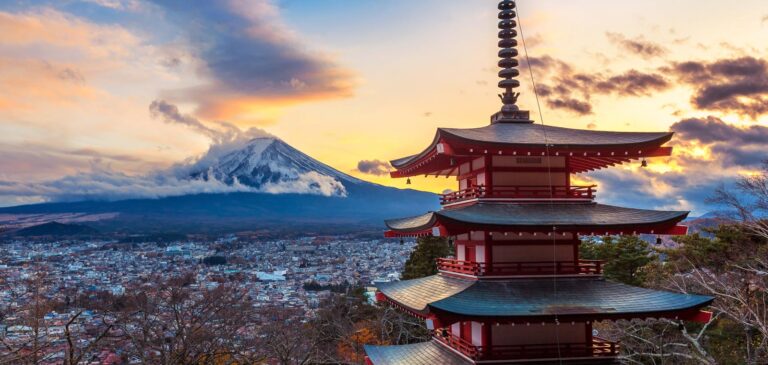Studying in Japan is advantageous for several reasons. The cultural experience is the most important factor. With one foot firmly planted in East Asian culture, Japan also has a strong Western and American cultural impact. But on top of that, Japan has a truly distinctive culture that is unlike anywhere other.
Education System
One of the world’s most educated and competent populations is found in Japan. This is one of the main causes of the nation’s post-World War II economic boom and rapid expansion.
There are both public and private schools available from kindergarten through graduate education. Public schools are a popular option for obligatory education up to the lower secondary levels and charge extremely reasonable tuition (junior high school). A private school might be a wise investment from the upper secondary level of schooling due to the intense rivalry for admission to universities. Your university degree has a direct impact on your employment prospects.
Study visa in Japan
Numerous nationalities are permitted to study in Japan for up to 90 days without a visa. Some nationalities can even add another 90 days to this. Learn more about entering Japan without a visa.
You must apply for a student visa if you plan to study in Japan for a longer amount of time. The first step in this process is applying to and being accepted by a school in Japan, which includes submitting the school certain paperwork pertaining to visas. About six months before the commencement of the course, you must submit an application to your institution. Then, roughly one month before the start of your course, they will issue you a CoE, or Certificate of Eligibility. You can complete the final visa application with this document.
Insurance in Japan
When you study abroad, it is crucial to have appropriate insurance, and this is true of Japan as well. You will be required to pay a small monthly premium for national health insurance in Japan if you are studying there on a student visa. However, as it only covers your medical expenses to a maximum of 70%, this cannot be used in place of real insurance. Some colleges provide top-up insurance to cover the remaining 30%, although the majority of such plans don’t provide full coverage. You require insurance that also includes coverage for travel, mishaps, theft, liabilities, court fees, etc.
Student work permit
In Japan, students are permitted to work part-time if they have work authorization. You can then work 40 hours per week during semester breaks and 28 hours per week during school weeks. No occupations in nightclubs or adult entertainment are permitted for students. Even working as a DJ or a dishwasher in a nightclub falls under this category.
The majority of students work in restaurants or retail establishments, where they can make about 1000 Yen per hour. Finding employment, however, can be challenging before you speak fluent Japanese. Working as a teacher in your mother tongue is frequently one of the best-paying occupations available to students. It is not uncommon to make up to 3,000 Yen per hour teaching private conversation classes in a café or at a school. A sticker in your passport serves as a work permit. You must be in Japan on a student visa to receive it.
A huge number of young people are drawn to Japanese pop culture worldwide. Reading Japanese manga introduced many students to their first Hiragana characters while watching anime was often their introduction to spoken Japanese. J-pop, cosplay, and Japanese fashion are all quite popular, as is the country’s more traditional culture, which features Samurais, temples, and old legends.




